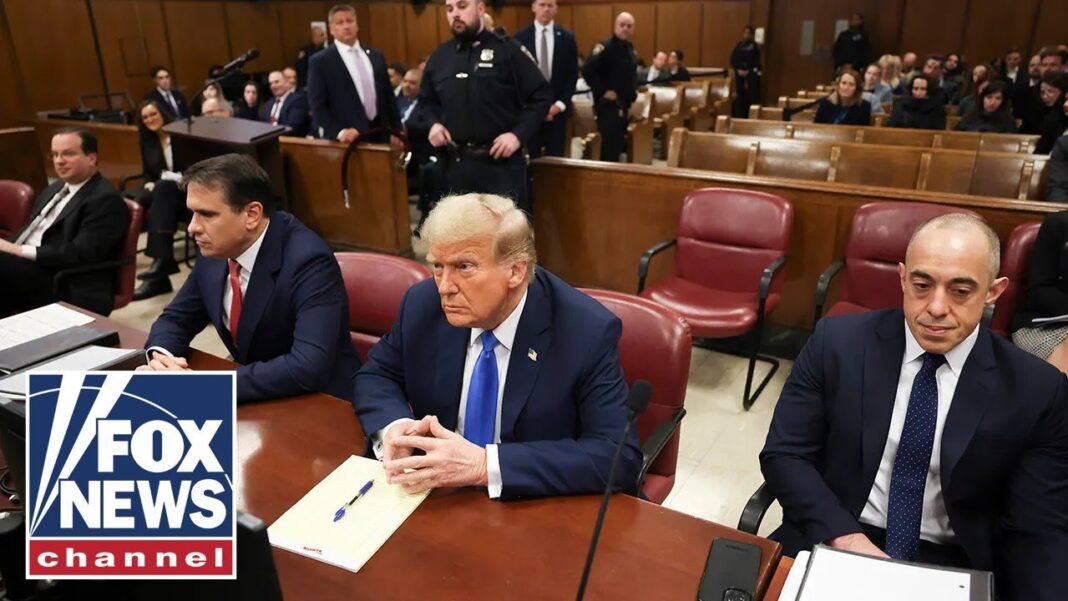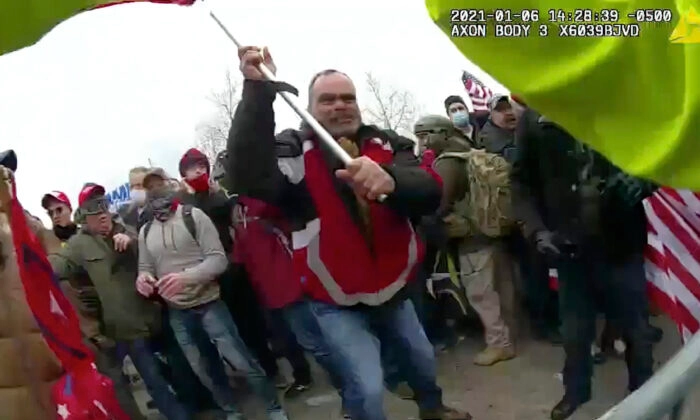
The move comes as a scheduling conflict threatens the president’s chances of winning Ohio.
President Joe Biden will be virtually nominated as the Democrats’ presidential nominee before the party’s national convention in August to secure his spot on Ohio’s general election ballot.
The Democratic National Committee (DNC) was notified months ago that President Biden’s name would not appear on the state’s general election ballot unless he was nominated by the state’s deadline of Aug. 7. The Democrats’ national convention, where the party would typically nominate its chosen candidate, is scheduled for Aug. 19 to 22 in Chicago.
Ohio Gov. Mike DeWine called a special legislative session to address the issue last week, though lawmakers had not agreed to a solution by the DNC’s announcement on May 28.
“Joe Biden will be on the ballot in Ohio and all 50 states, and Ohio Republicans agree. But when the time has come for action, they have failed to act every time, so Democrats will land this plane on our own,” DNC Chairman Jaime Harrison said in a statement.
“Through a virtual roll call, we will ensure that Republicans can’t chip away at our democracy through incompetence or partisan tricks and that Ohioans can exercise their right to vote for the presidential candidate of their choice.”
A date for the virtual nomination was not announced, though it is expected to come within the weeks following the committee’s rules and bylaw committee’s vote on changes to the roll call process on June 4.
The virtual process is expected to mirror the format the party used in 2020 during the COVID-19 pandemic. While the traditional in-person convention will still take place, it will be largely ceremonial.
Ohio revised its certification deadline from 60 to 90 days ahead of the general election in 2010. Since then, lawmakers have twice extended the deadline—in 2012 and 2020—to accommodate both parties’ nominating conventions. This will be the first year just one party has scheduled its convention too late.
The Ohio Legislature is controlled by the GOP, which holds majorities in both chambers. Although lawmakers appeared to be on the cusp of a legislative fix for the dilemma earlier this month, a final solution was never solidified.







